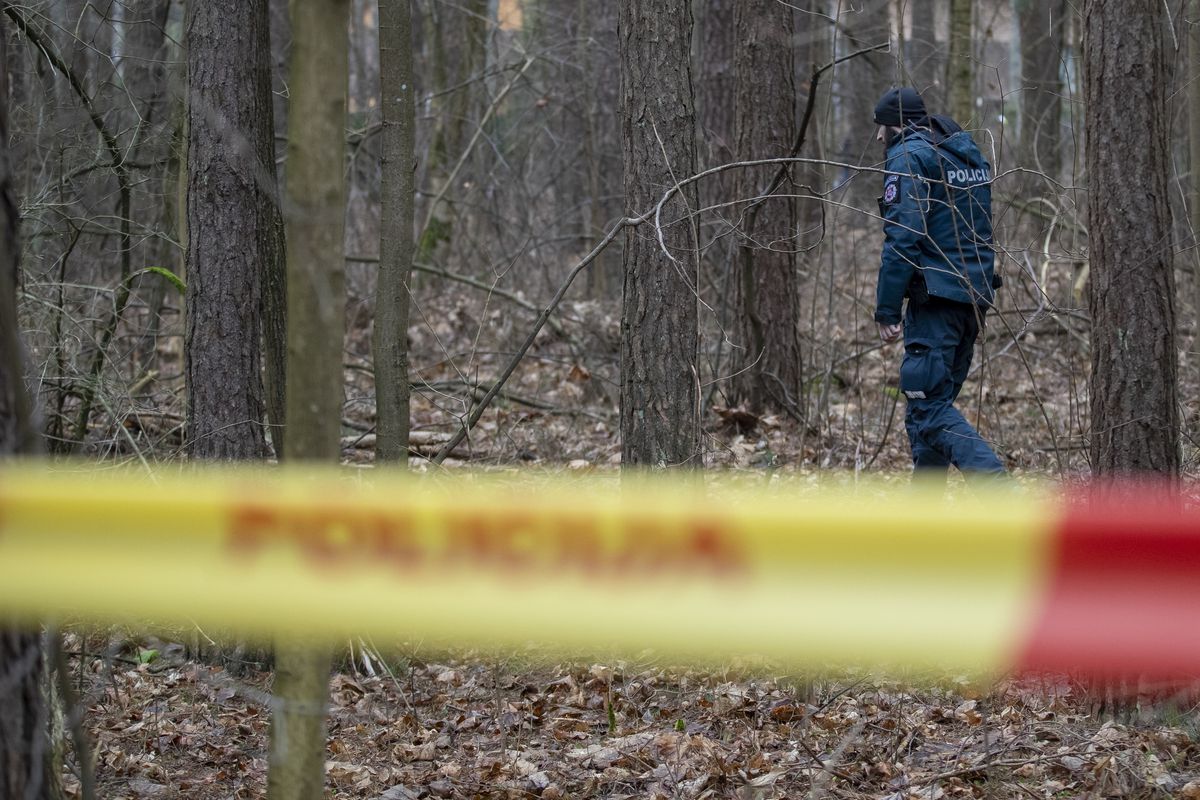Smoke over the dome of the Kremlin Senate building on April 3, 2023 in Moscow after a suspected drone strike (archive image) © IMAGO/Kremlin Red Square CCTV / UPI Photo
Behind the recent drone attacks on Russian territory could be a network of pro-Ukrainian agents operating in Russia.
Moscow - Drone attacks on Russian territory have recently become more frequent in the Ukraine war. Ukraine has "nothing directly to do" with the latest attacks on Moscow, Ukrainian presidential adviser Mykhailo Podolyak said at the end of May – a statement that certainly invited speculation. Now, several U.S. intelligence sources are said to have confirmed that Kiev has set up a network of agents inside Russia that is carrying out acts of sabotage there. That's according to a CNN report on Monday (May 5), which refers to anonymous sources in U.S. intelligence circles.
Ukrainian agent network is apparently working on acts of sabotage in Russia
The network of agents and sympathizers could also have been responsible for the first drone attack on the Kremlin in early May. Initially, experts had assumed that Russia itself had staged the attack. The pro-Ukrainian agents had been equipped with Ukrainian-made drones, it was now said, according to the CNN report. U.S.-provided drones were not used in the acts of sabotage, intelligence sources said. In the attack on the Kremlin, the agent network would have launched the drones from Russia and not from Ukrainian territory.
The drones or drone components were brought across the border with the help of smuggling routes. The Ukrainian-Russian border is long and difficult to control, a European intelligence worker added. "Survival is everyone's business, so cash works wonders," the intelligence official told CNN. However, it is unclear to what extent the network is also responsible for the recent drone attacks on Moscow at the end of May and on oil refineries in southern Russia.
Ukrainian intelligence spokesman: "Mysterious explosions will continue"
In addition to sympathizers of Ukraine, the sabotage cells are apparently also made up of well-trained agents. US intelligence sources believe that elements of Ukrainian intelligence are involved. Two people quoted by CNN said that Ukrainian President Volodymyr Zelenskyy has set general parameters for his intelligence services, but not every operation needs his approval.
The spokesman for Ukraine's intelligence chief hinted to CNN that the mysterious explosions and drone strikes on Russia would continue. "We will only comment on cases of 'cotton' after our victory," the spokesman said, adding that it "burned, burns and will continue to burn." This was a quote from the head of the intelligence service, Vasyl Malyuk, who uses "cotton" to refer to a colloquial term for explosions in Russian or Russian-occupied territory since the beginning of the war in Ukraine.
It would not be the first time that Ukraine has acknowledged its involvement in an attack with a time delay. More than seven months after the explosion on the Crimean bridge, intelligence chief Malyuk officially confirmed Kiev's involvement at the end of May.
0
Also Read
Höcke accused of Nazi vocabulary - SA slogan on open stage has repercussions
READ
Russia mines retreat routes: Wagner Group exercises "retaliation" on Russian lieutenant
READ
Ukraine counteroffensive repelled? Russian commander contradicts Moscow – "difficult situation"
READ
"Industry of fear": expert paints a gloomy picture from Russia
READ
Modern battle tanks from the West meet Putin's defensive wall
READ
Fancy a voyage of discovery?
My Area
Attacks on military targets on Russian territory: on a knife's edge
International law permits the attack on military targets on Russian territory as a form of self-defense by Ukraine. "Legitimate military targets outside its own border are part of Ukraine's right to self-defense," British Foreign Secretary James Cleverly confirmed after the recent drone strikes on Moscow.
The United States apparently does not share this view and has repeatedly emphasized that the supplied weapons are not intended to attack targets on Russian soil. The White House reiterated even after the recent drone strikes on Moscow that the US government does not support attacks inside Russia. According to military observers, this clear position by the US is intended to prevent the West from being drawn into the war. In addition, the United States, as the second largest nuclear power in the world, is aware of its responsibility.
Behind closed doors, U.S. officials seem to be evaluating the drone strikes differently than the official protocol dictates. U.S. intelligence sources reportedly told CNN that the cross-border attacks were a "clever military strategy." The attacks could divert Russian resources to protect its own territory as Ukraine prepares for its counteroffensive, it added. Apparently, Ukrainian officials had confirmed to a U.S. official that the attacks inside Russia would continue as a diversionary tactic. "Russian commanders are now faced with the acute dilemma of whether to strengthen defenses in Russia's border regions or expand their lines in occupied Ukraine," British intelligence said on Friday.







